Global demand for sustainable products is growing
Speaking to reporters of the Industry and Trade Newspaper, Ms. Nguyen Thi Hoang Thuy - Director General, Head of the Vietnam Trade Office in Sweden said that currently, environmentally friendly production processes, sustainable product design and energy-saving practices are increasingly becoming essential requirements for export enterprises. Consumers in developed markets, especially in Nordic countries such as Denmark, Sweden and Norway, increasingly prioritize products of sustainable origin. According to a survey by Statista, about 75% of consumers in these countries prefer to buy products from environmentally responsible companies.
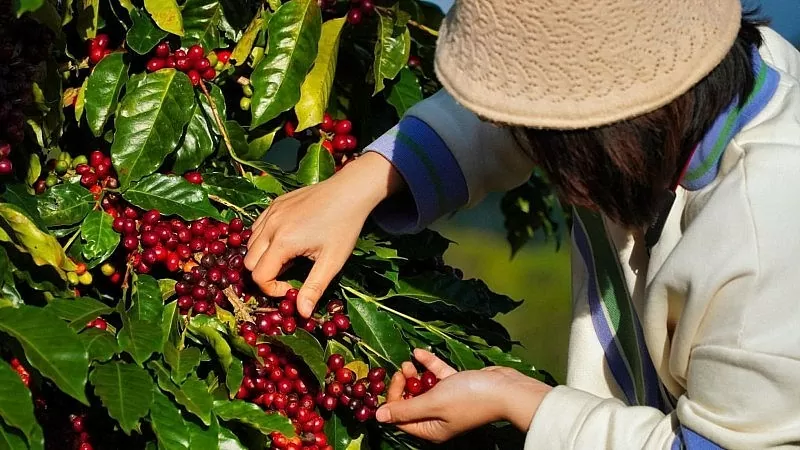 |
| Investing in green production for export is an inevitable requirement (Photo: VNA) |
Currently, large enterprises such as H&M and IKEA have taken the lead in developing green supply chains, placing very strict environmental protection requirements on their suppliers. H&M, an international fashion brand, is not only committed to using recycled materials but also requires its manufacturing partners to comply with high environmental standards. This poses a challenge but also brings opportunities for Vietnamese enterprises to export products to these markets. By applying green technology and environmentally friendly production processes, Vietnamese enterprises can ensure that they not only meet international standards but also attract the attention of consumers and potential business partners.
Sustainability is increasingly becoming a must in international supply chains, rather than just a brand value. For example, IKEA, a famous furniture group, has committed to using only wood from sustainably managed forests, and this has helped them build a strong trust with consumers globally. If Vietnamese businesses can pursue this path, they will increase their competitiveness in demanding markets such as Northern Europe and Europe in general.
Ms. Nguyen Thi Hoang Thuy added that along with the development of sustainable trends, international trade regulations have also changed to reflect environmental concerns. European Union (EU) countries have been implementing green trade policies to control emissions and promote products that do not harm the environment. The European Green Deal is a typical example, with the goal of turning Europe into a carbon-neutral continent by 2050.
To maintain and expand exports to these markets, Vietnamese businesses need to invest in green technology to meet increasingly stringent regulations. A specific example is the Carbon Border Adjustment Mechanism (CBAM), which is expected to be fully implemented by 2026. Under this mechanism, non-EU businesses exporting goods to Europe must pay a fee based on the amount of carbon emitted during the production process. Therefore, investing in green technology solutions to reduce carbon emissions is not only an urgent requirement but also a way for businesses to reduce export costs and increase market access opportunities.
“Nordic companies like LEGO have demonstrated that investing in renewable energy and zero-emission production processes not only helps them meet international standards but also enhances their brand value. LEGO has committed to using 100% renewable energy in its operations, which not only helps them avoid strict regulations but also creates a competitive advantage in terms of image. This is an important lesson for Vietnamese companies in optimizing production processes to both meet international requirements and strengthen their position in the global market,” Ms. Nguyen Thi Hoang Thuy informed.
Enhance brand value and build customer trust
Commitment to environmental protection not only helps businesses improve production efficiency but is also an important factor in building and enhancing brand value. Consumers are increasingly aware of the social and environmental responsibilities of businesses, so businesses that demonstrate their commitment to sustainable development will build trust with customers and international partners.
H&M and IKEA are good examples of how green initiatives can be used to strengthen their brand identity and establish themselves as leaders in the sustainable business movement. H&M has introduced its “Conscious” line, which is made from recycled and sustainable materials, to appeal to environmentally conscious consumers. IKEA also uses renewable materials and strictly manages its supply chain to minimize its negative impact on the environment.
For Vietnamese businesses, Ms. Nguyen Thi Hoang Thuy emphasized, the application of green technology can become an effective marketing tool to help differentiate themselves from competitors and attract international customers. In key export sectors such as textiles, footwear, agricultural products and food, the use of environmentally friendly materials or optimizing production processes towards sustainability will help businesses make a strong impression on global consumers.
As one of the leading coffee enterprises in sustainable development, Mr. Phan Minh Thong - Chairman of the Board of Directors of Phuc Sinh Group said that when he arrived in Son La, he was overwhelmed by the green Arabica coffee hills. However, after researching, Mr. Phan Minh Thong realized that coffee production in Son La still has some problems such as: Coffee output is still affected by drought, frost, hail; the coffee product value chain is not tight and unsustainable; many small-scale coffee processing facilities, outdated technology affect the environment and coffee quality; the harvesting stage of people in many places does not meet technical requirements...
In order to enhance the value and competitiveness of Son La Arabica coffee in the world market, Phuc Sinh Group has promoted the implementation of ESG (environment, society and corporate governance) in production. After many years of application, this solution has contributed to changing the mindset of farmers and production and business enterprises about sustainable coffee cultivation and processing, which can turn Son La into a center for high-quality coffee production that meets increasingly difficult world standards.
“Currently, Phuc Sinh has 2 coffee regions recognized as high-tech agricultural regions, 1 geographical indication for Son La coffee. Son La coffee products have also been exported to 20 countries in the European Union (EU), North America, the Middle East and ASEAN countries with stable consumption prices at high levels…” – Mr. Phan Minh Thong informed.
Global trends and the reality at Phuc Sinh show that investing in green technology is an indispensable strategy for Vietnamese enterprises to compete in the international market. These investments not only help enterprises comply with international standards, save long-term costs, but also enhance brand value and build sustainable cooperative relationships. Pioneering enterprises in green technology will be the leading enterprises in the future, effectively meeting the requirements and challenges of the global market.
Source: https://congthuong.vn/dau-tu-vao-cong-nghe-xanh-de-xuat-khau-khong-the-cham-tre-356027.html




![[Photo] Prime Minister Pham Minh Chinh chairs conference on anti-smuggling, trade fraud, and counterfeit goods](https://vphoto.vietnam.vn/thumb/1200x675/vietnam/resource/IMAGE/2025/5/14/6cd67667e99e4248b7d4f587fd21e37c)





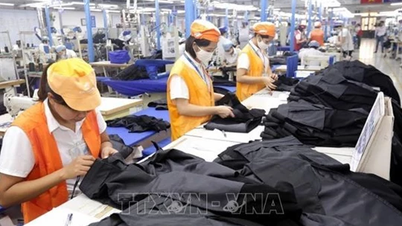


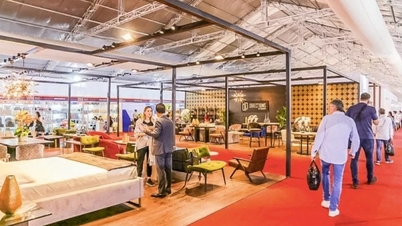
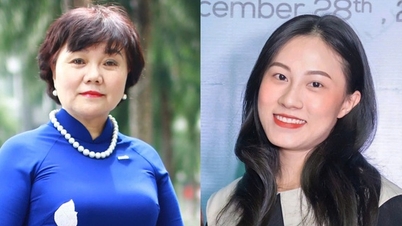


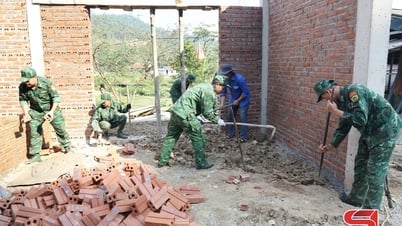
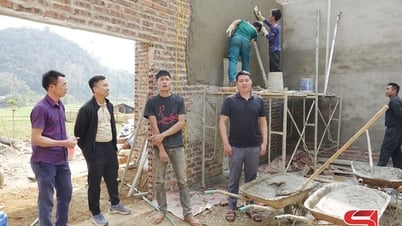
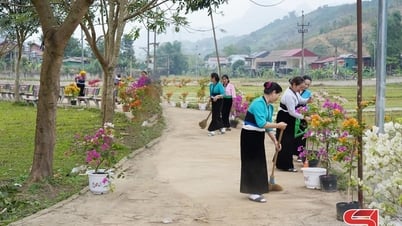
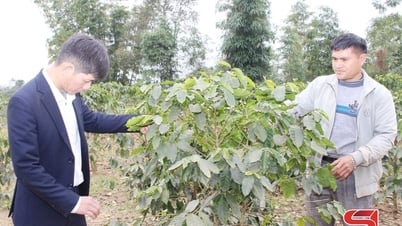
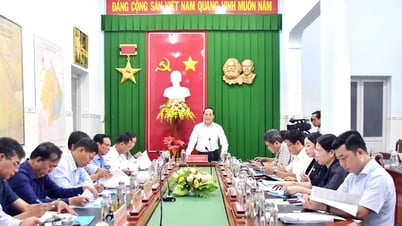
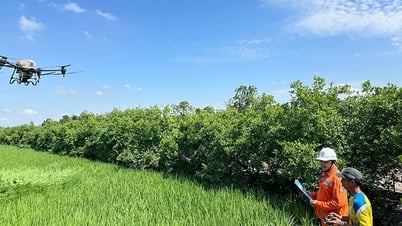




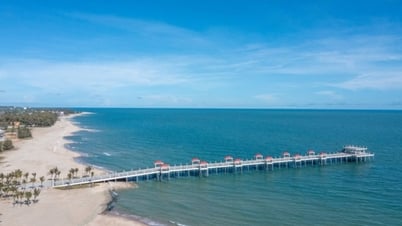
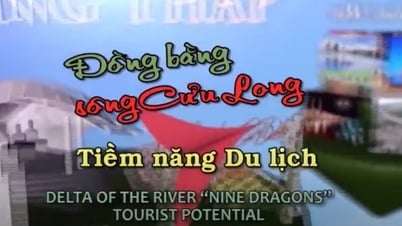
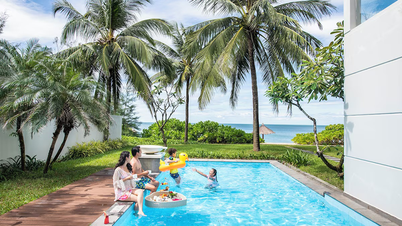
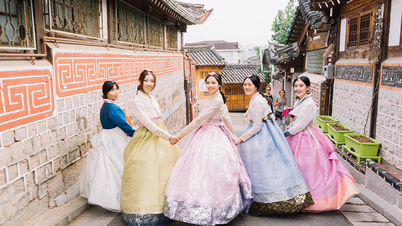
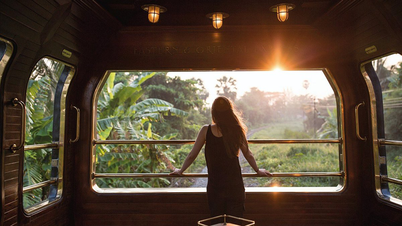
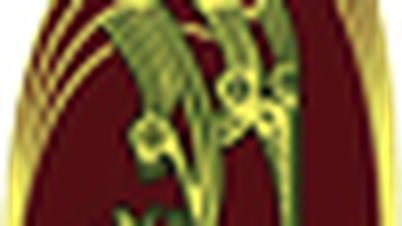






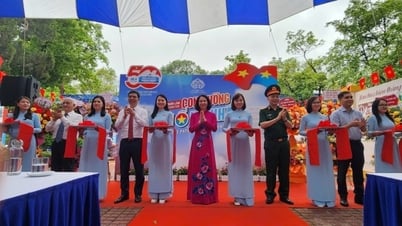

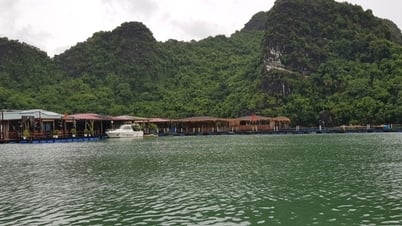









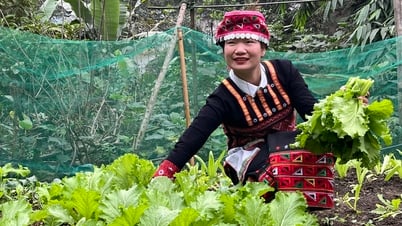
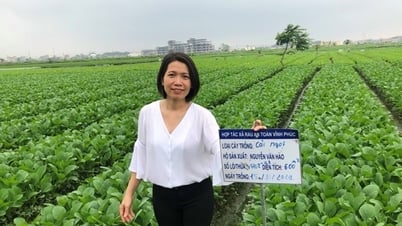

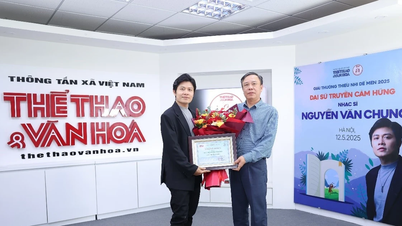















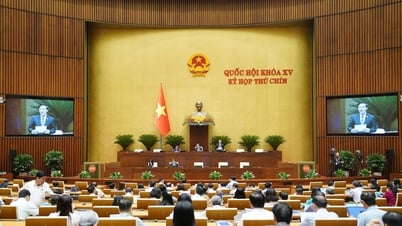

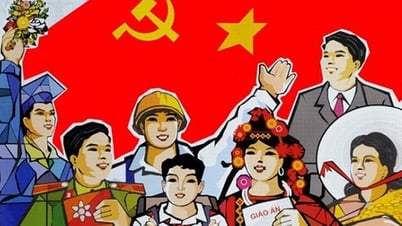

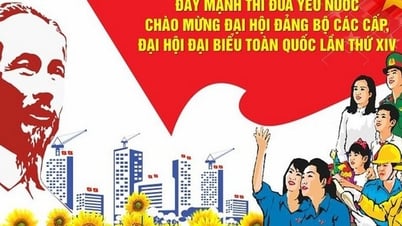

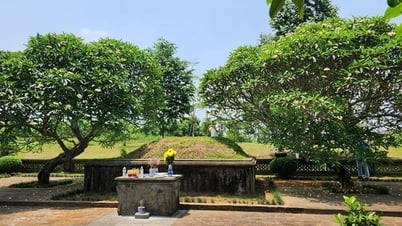

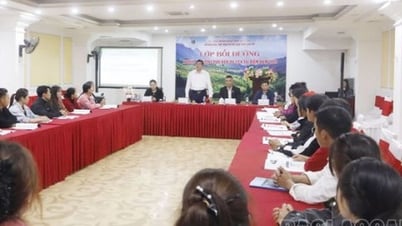
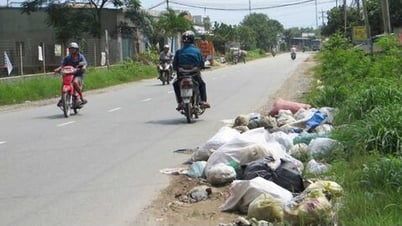

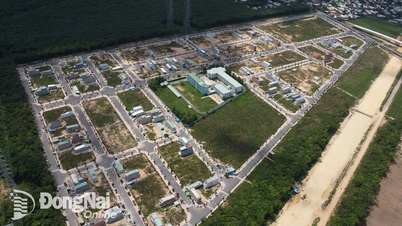

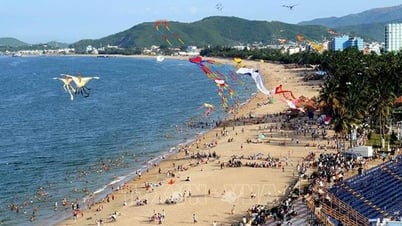


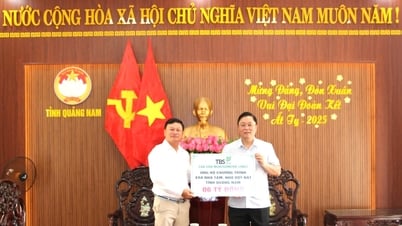

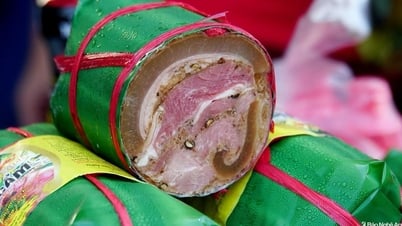








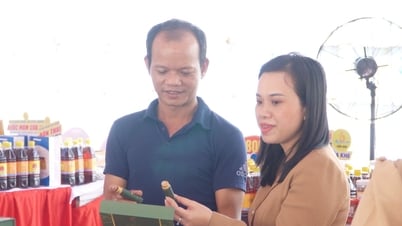
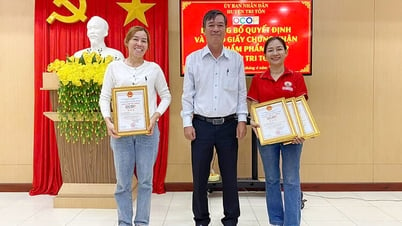
Comment (0)